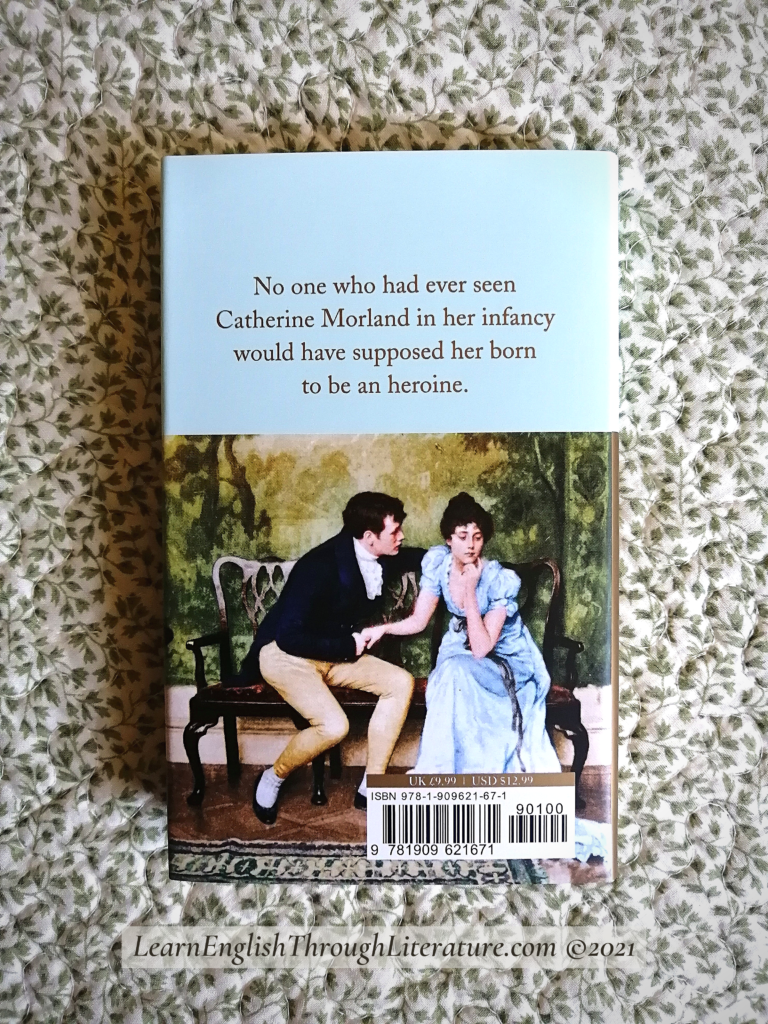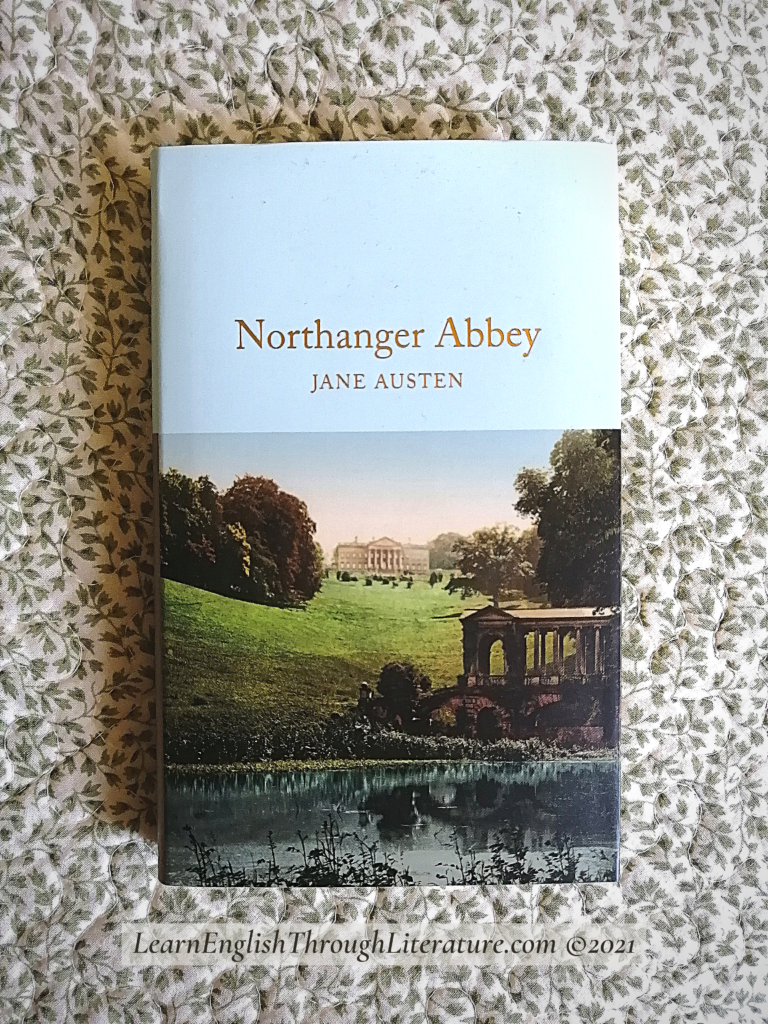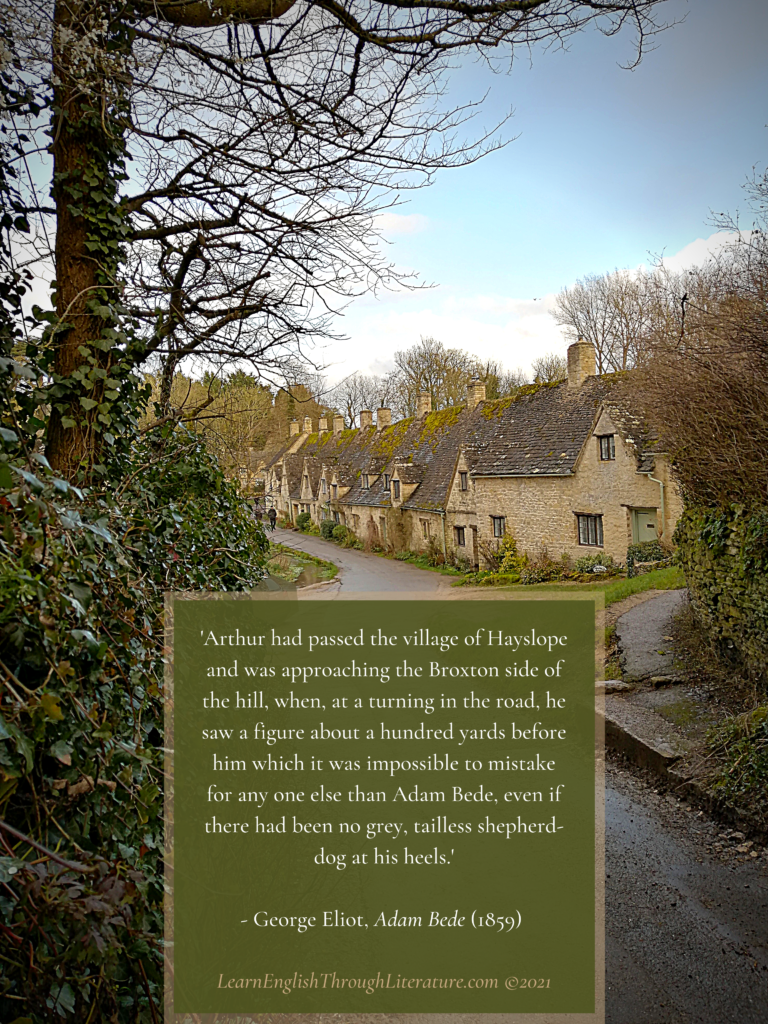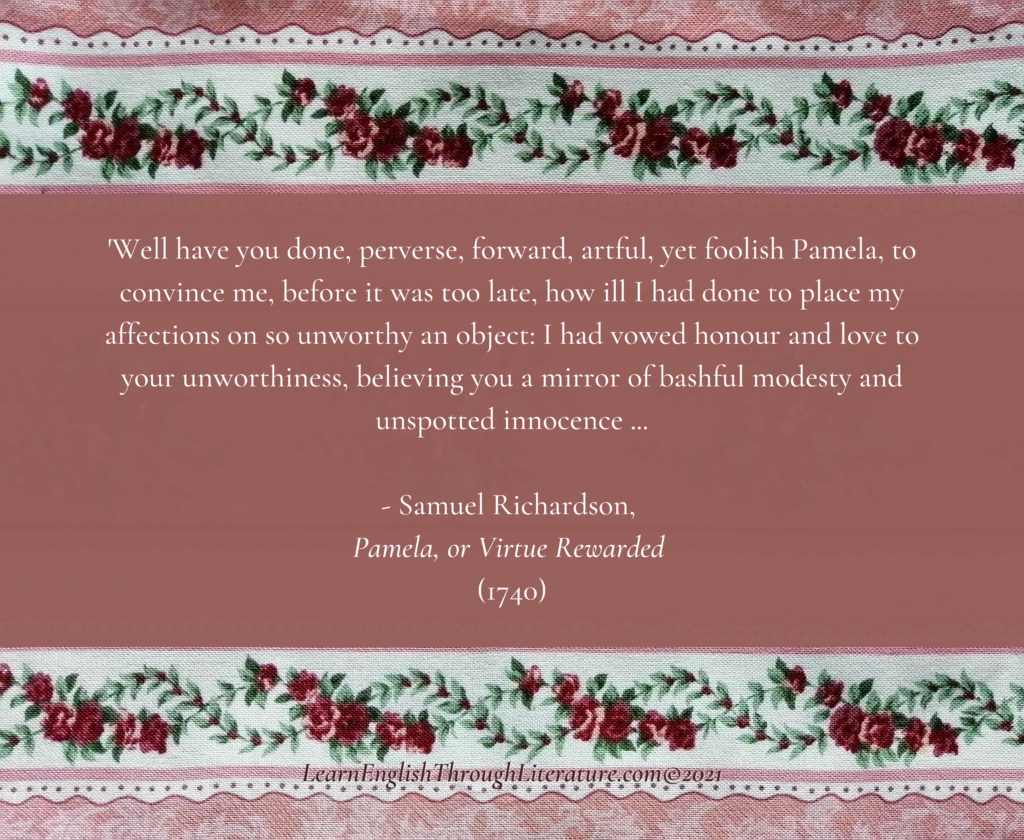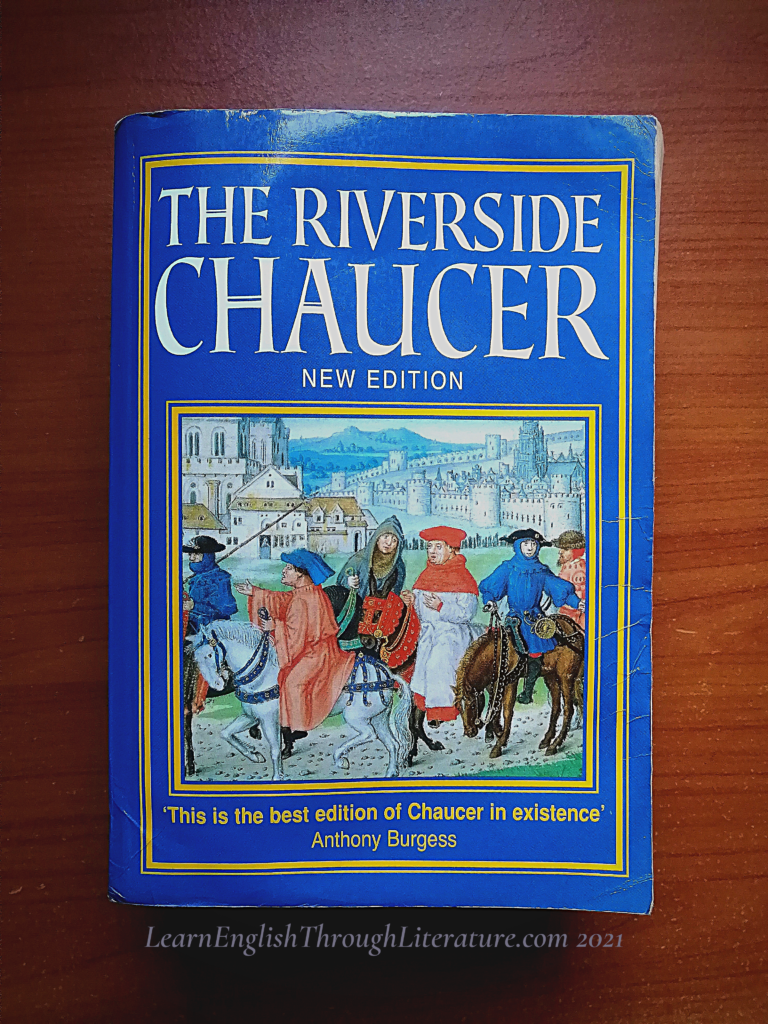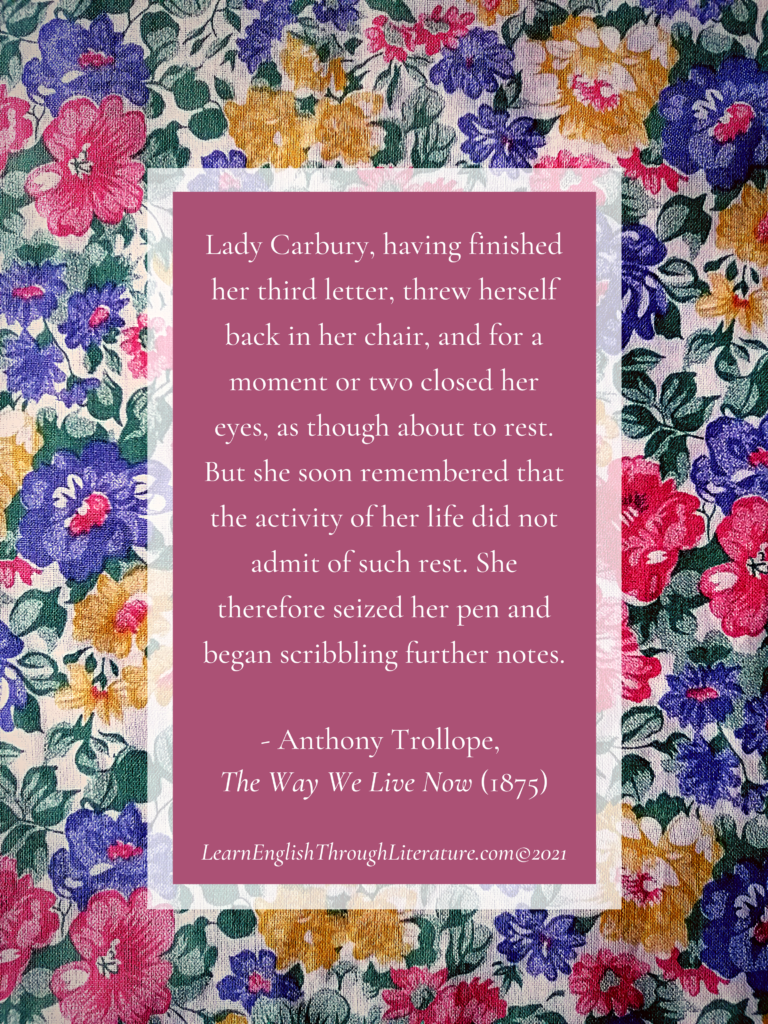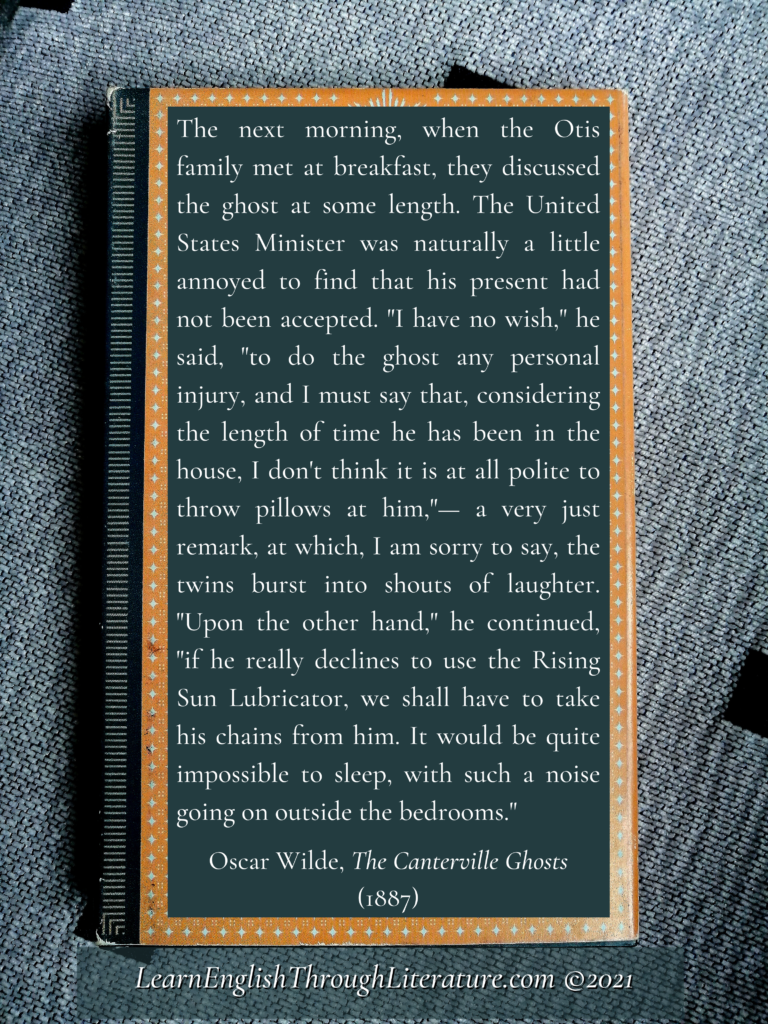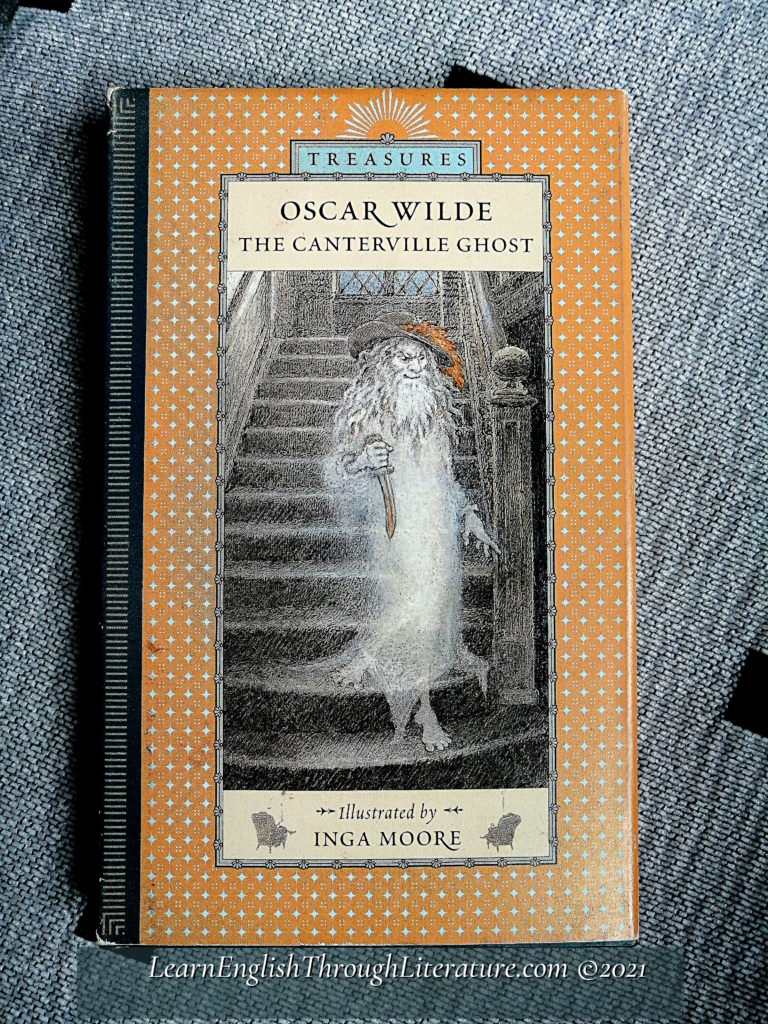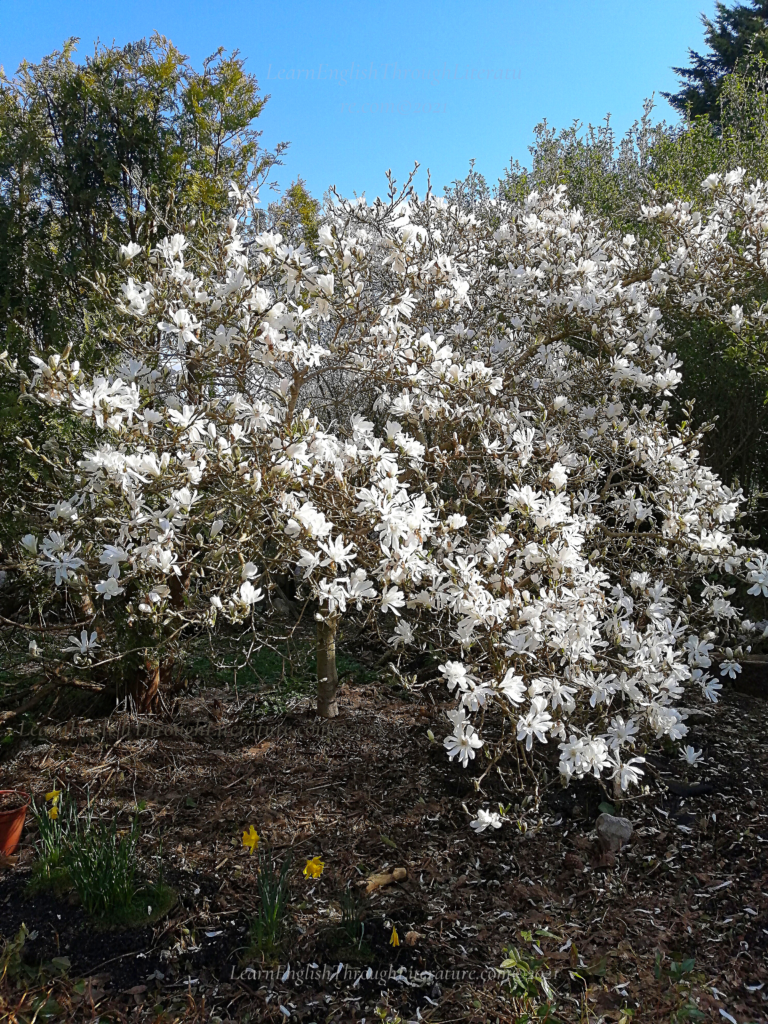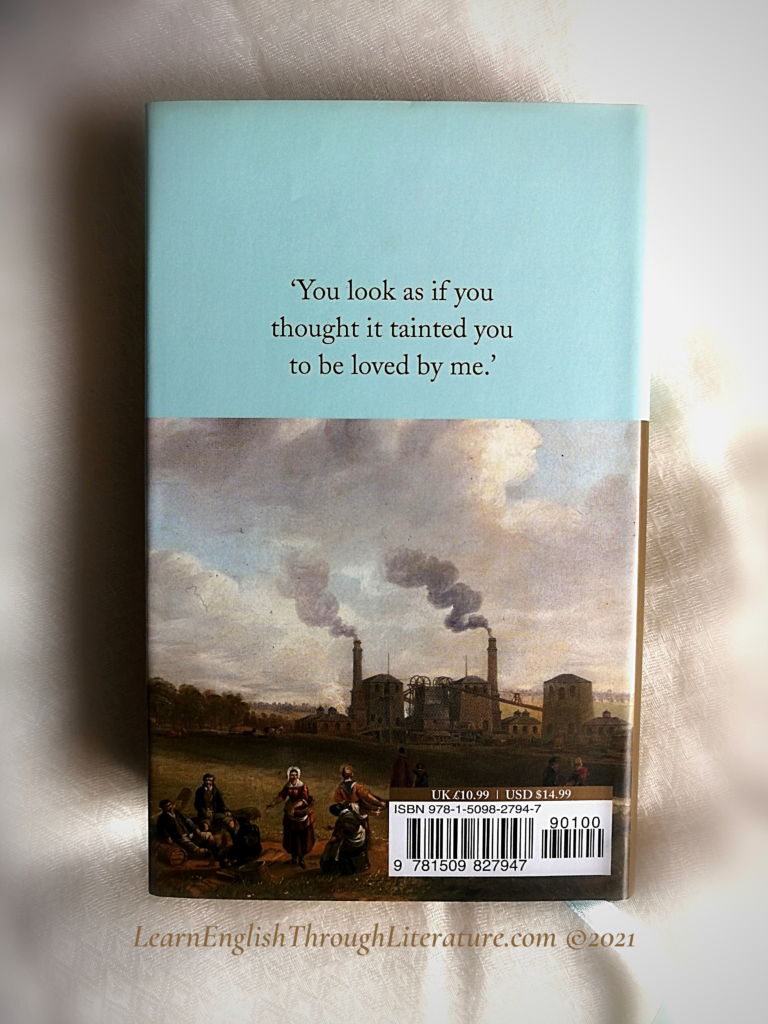Lesson #218: Learning From A Letter – Charlotte Bronte’s words to her Aunt
Since yesterday (April 21st) was the 205th anniversary of Charlotte Bronte’s birth, I thought it would be nice to have a look at some of the personal letters that she wrote during her lifetime. 📚 Most people remember her for her classic Jane Eyre (1847) or even Villette (1853), both of which considered what life […]
Lesson #218: Learning From A Letter – Charlotte Bronte’s words to her Aunt Read More »


